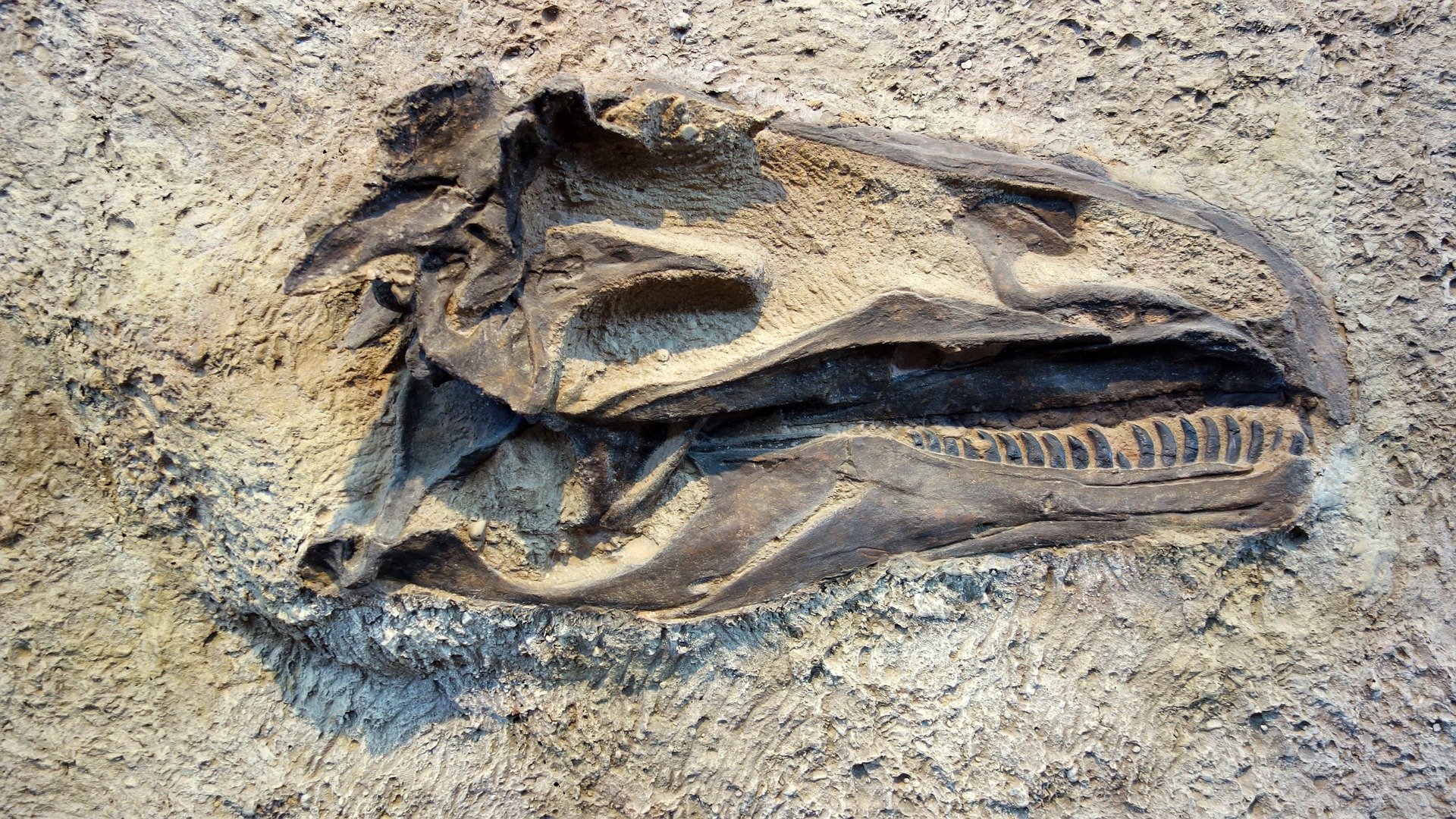Fossil colour studies are changing our idea of how dinosaurs looked
by Gareth Willmer What colour were the dinosaurs? If you have a picture in your head, fresh studies suggest you may need to revise it. New fossil research also suggests that pigment-producing structures go beyond how the dinosaurs looked and may have played a fundamental role inside their bodies too. The latest findings have also … Read more






